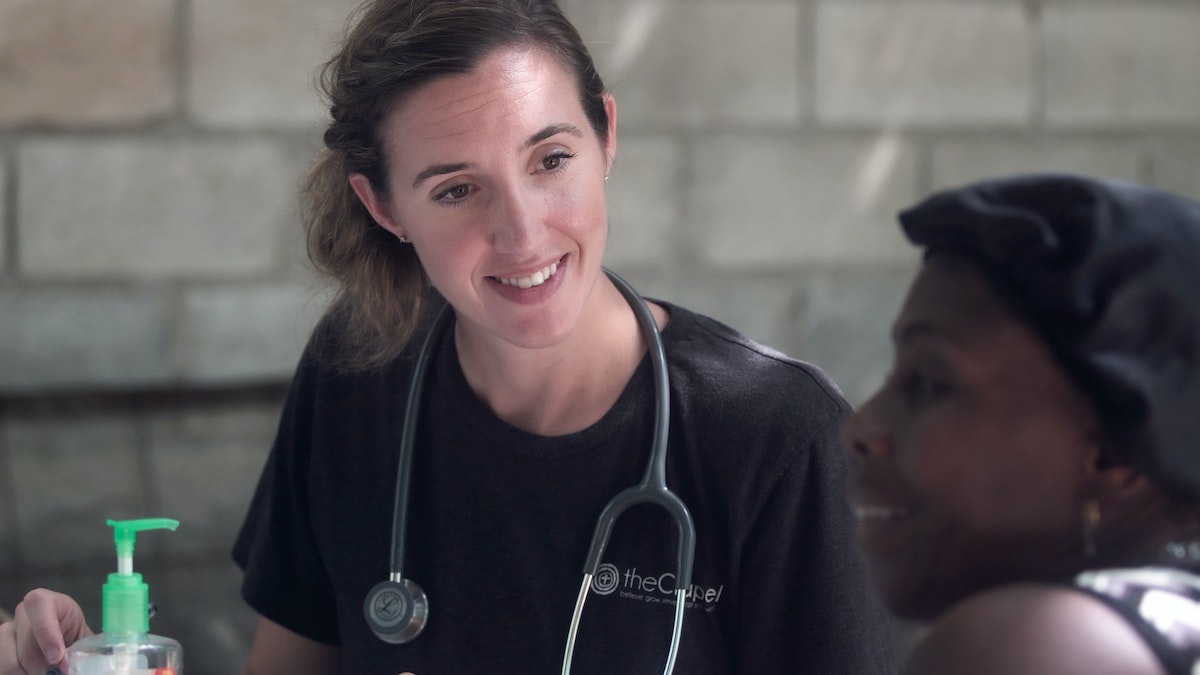Up until 2011, pap smears were considered an annual event. The anticipated event that women clamored to schedule every year. The American College of Gynecology (ACOG) updated the guidelines in 2011, changing the year of a woman’s first pap smear, how often to get screenings, when to get follow-ups, the type of screenings — and we’re just over here like, cut to the chase, doc. So, how often are we supposed to do this thing?
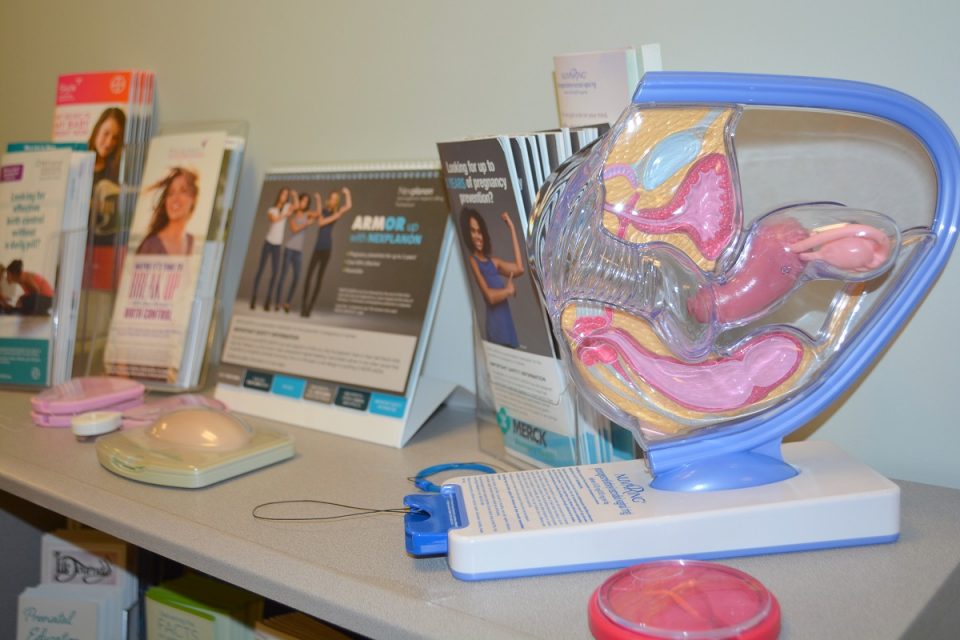
What is a Pap Smear
Cytology, or a Pap smear in the vernacular, is the technical term for a swab of cells from the cervix (the end of the uterus). The swab checks for changes within the cervical cells. Changes can be an indication of pre-cancer. Catching these changes early leads to critical early treatment and the prevention of cervical cancer development.
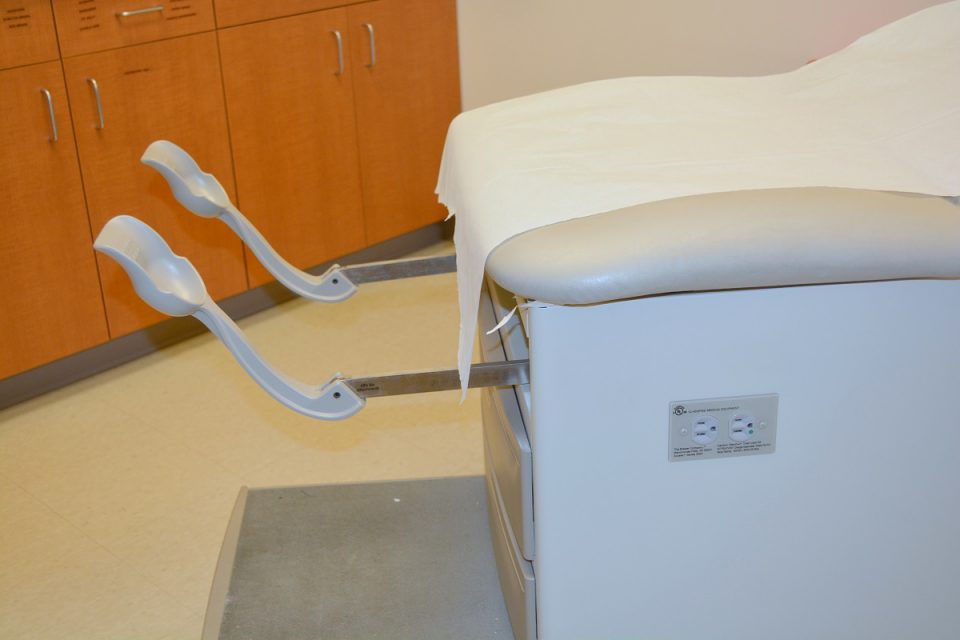
The swab takes just a few seconds, and it can be done in your doctor’s office — either a gynecologist or your primary care doctor. You’ll change into a hospital gown, sit on the crinkly paper, scootch all the way down the table on that crinkly paper, and pop your feet into the stirrups. Your doctor will insert a speculum and then collect the swab with a soft (yet never quite soft enough) brush. Aside from a little pressure, the icy unpleasantness of the speculum, and a little swabbing discomfort, the pap smear is relatively painless and uneventful.
You won’t get your results immediately; your swab has to be run in the lab, but you can return to normal activity immediately, as long as you’re comfortable.
When to Start Pap Smears
Per the 2011 ACOG recommendations, the first Pap smear is recommended at age 21. This is a change from the previous recommendation. In the past, the first Pap smear was recommended before starting oral contraceptive or at first sexual activity. Despite sexual history, the first Pap is now universally recommended at 21.
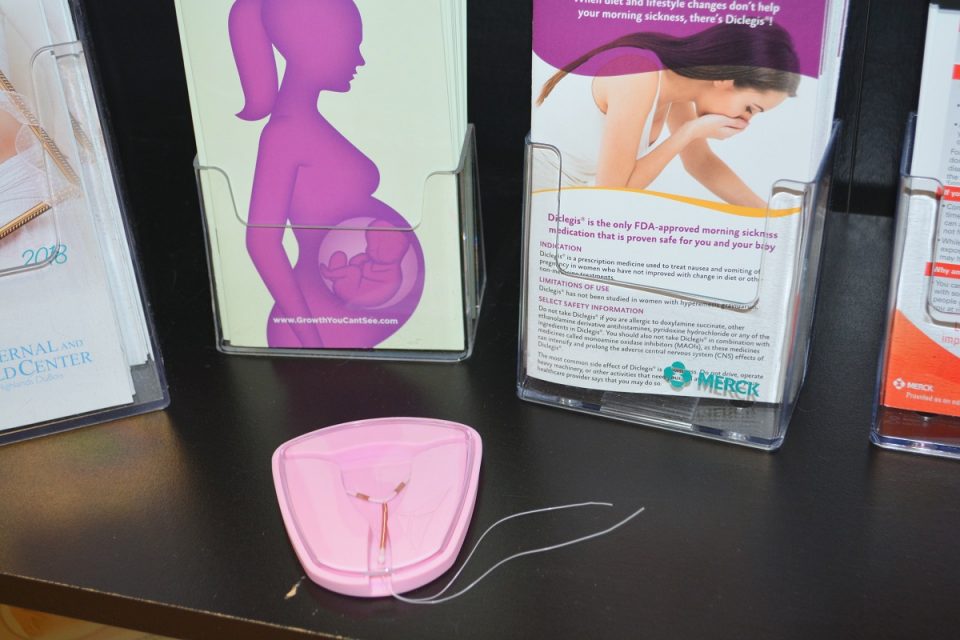
Interpreting the Results
A negative Pap smear is a normal Pap smear. This means there were no changes of the cervical cells seen on the cytology. If you receive a negative or normal result, no further testing is needed until it’s time for your next regularly scheduled Pap smear.
A positive Pap smear can mean multiple things. Cell changes can be inflammation of the cervical cells. These changes can be signs of pre-cervical cancer. It does not mean you have cervical cancer. You may hear terms like ASCUS, AGUS, LSIL, and HSIL. These terms represent the degrees of change seen in the cervical cells. Depending on what is detected, your doctor may order a repeat Pap, a colposcopy (which examines tissue with a magnifying instrument), or a biopsy.
When to Screen
Per ACOG, in the setting of a negative Pap smear result, it is recommended that women ages 21 to 65 have a cytology screening every three years. For women ages 30 to 65, a human papillomavirus (HPV) test can be added to a cytology screening, and if negative, can lengthen the screening time to every five years.
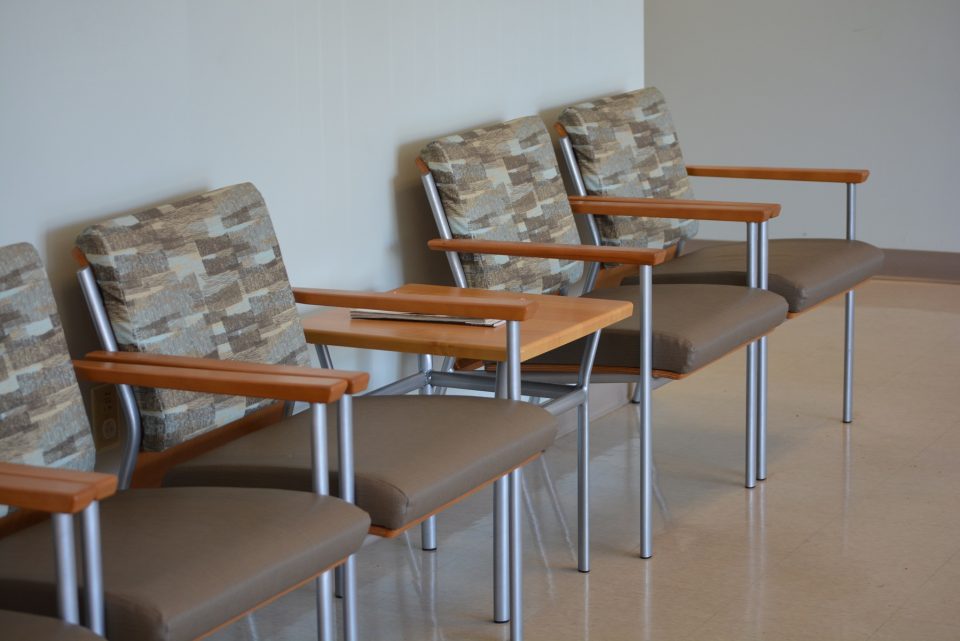
ACOG no longer recommends annual cytology screening. Once you reach age 65, with a consistently negative Pap smear history, you no longer need cytology screening.
If you have a weakened immune system, were exposed to diethylstilbestrol (DES) before birth, or have a history of cervical cancer, talk to your doctor about your screening. If you have a question about your cytology screening, call your doctor’s office or installation health clinic for clarification. Don’t be afraid to ask questions about what is covered by TRICARE, so you don’t have any surprises or missed opportunities for preventative health procedures.
One Gal Pal to Another
Here’s the thing — just because there is no longer a recommendation for a Pap smear every year, you should still see your doctor (primary care or OB/GYN) for an annual exam, review of vaccinations and other screenings. This military life is dang stressful, with a lot of unknowns (one of the biggest unknowns is spelled T-R-I-C-A-R-E — who can keep up). So, bottom line, don’t take chances, and don’t let your health become just another unknown of military life.

Speaking of the many unknowns of military life, is stress taking a toll on your physical health? See how stress can present itself through physical symptoms, and talk to your doctor if you have concerns.

Photo Credits: Renee Slusser | Unspalsh


































